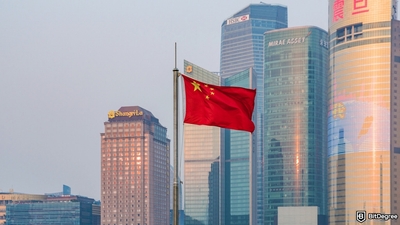Free Airdrop Season 7 is LIVE! Answer fun questions or do simple tasks to earn rewards from the $30K BitDegree prize pool. Participate Now ! 🔥
IMF to Kenya: Update Crypto Rules to Match Global Standards
Key Takeaways
- IMF advises Kenya to update outdated crypto laws to protect consumers and curb illegal activities;
- Short-term steps include market analysis and regulatory clarity, while long-term goals focus on licensing and global alignment;
- Kenya urged to adopt international standards like FATF and FSB to strengthen crypto oversight.
The International Monetary Fund (IMF) has recommended that Kenya develop clear rules for its cryptocurrency market.
This step is necessary to protect consumers, prevent money laundering, and stop the misuse of digital assets for illegal activities.
The report published on January 8 follows a request from Kenya’s Capital Markets Authority (CMA) for support in regulating the crypto industry.

Did you know?
Subscribe - We publish new crypto explainer videos every week!
What is AVAX? (Avalanche Network Explained With Animations)


Discussions held in Nairobi revealed that Kenyan lawmakers are uncertain about how to regulate these new digital assets. Therefore, the IMF has urged Kenya to align its crypto laws with international standards.
The IMF stressed compliance with international guidelines, such as the Bali Fintech Agenda, the Financial Action Task Force (FATF) rules for preventing money laundering, and the Financial Stability Board’s (FSB) global standards for crypto regulation.
Furthermore, the IMF outlined several steps to help Kenya close the gaps in the nation's current system.
Short-term actions, to be completed within six to twelve months, include gathering more data on the crypto market, improving cooperation among regulators, and clarifying which activities and players should be regulated.
Medium and long-term goals, spanning twelve months or more, involve creating legal and licensing frameworks, boosting resources for monitoring the market, and fully aligning Kenya’s regulations with global standards.
According to the IMF, Kenya’s current laws are outdated and were designed for traditional financial markets. These regulations have limited reach and cannot effectively oversee the crypto industry.
Meanwhile, China recently introduced stricter foreign exchange regulations. What are the rules? Read the full story.






















